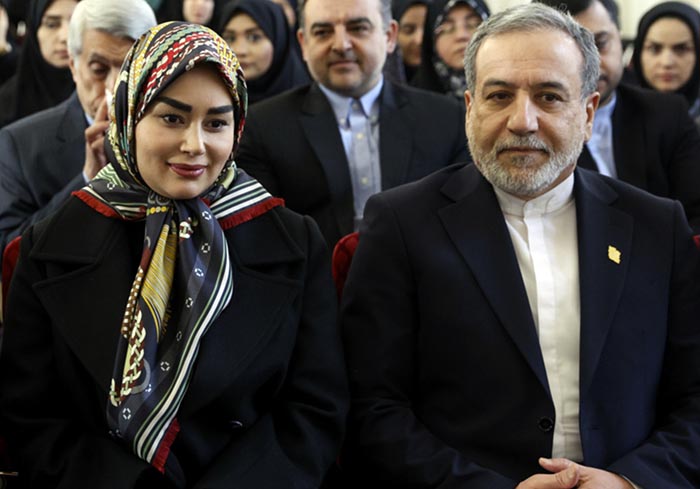5 Master Effective Communication Phrases for Workplace Success and Stand Out
Phrase 5: “Thank You for…”
The Importance of Specific Gratitude in the Workplace
The fifth and final key phrase, “Thank you for…”, highlights the importance of expressing specific gratitude in the workplace. While a simple “thank you” is always appreciated, specifying what you are thankful for can make your gratitude more meaningful and impactful. This not only strengthens your relationships with colleagues but also encourages positive behaviors and contributions.
Gratitude is a powerful tool in building a positive workplace culture. When people feel appreciated, they are more likely to be engaged, motivated, and committed to their work. By expressing specific gratitude, you not only acknowledge the contributions of others but also reinforce the behaviors that you want to see more of in the future.
Why Specific Gratitude Matters
In the workplace, it’s easy to overlook the small contributions that others make on a daily basis. However, recognizing and appreciating these efforts can have a significant impact on morale and productivity. When you say, “Thank you for…”, and follow it with a specific action or contribution, you make your gratitude more personal and sincere. This shows that you are paying attention to the details and that you value the efforts of those around you.
Moreover, specific gratitude helps to reinforce positive behaviors. When people know that their contributions are recognized and appreciated, they are more likely to continue those behaviors in the future. This can lead to a more positive and productive work environment, where everyone feels valued and motivated to do their best.
How to Use “Thank You for…” Effectively
To use this phrase effectively, be specific about what you are thanking the person for. Instead of a generic “thank you,” identify the action or contribution that you are particularly grateful for. For example, you might say, “Thank you for staying late to finalize the presentation. Your attention to detail really made a difference.” This not only shows that you noticed their efforts but also reinforces the importance of the contribution they made.
Additionally, consider the timing of your gratitude. While it’s always better to express gratitude sooner rather than later, there are times when a delayed thank you can be particularly impactful. For example, you might follow up after a successful project to thank your team for their hard work, even if you’ve already expressed gratitude at the time. This shows that you continue to value their contributions and are still appreciative of their efforts.
The Impact of Gratitude on Workplace Success
Expressing gratitude can have a profound impact on your success in the workplace. It helps to build stronger relationships with your colleagues, as they will see you as someone who values and appreciates their efforts. This can lead to better collaboration, increased trust, and a more positive work environment.
Moreover, by consistently expressing specific gratitude, you can establish yourself as a positive and supportive leader. This can enhance your reputation and make others more likely to support you in your endeavors. Over time, this can lead to greater influence and opportunities for advancement in your career.
Real-Life Example
Imagine you’re managing a team that has just completed a challenging project. Instead of a general “thank you,” you might say, “Thank you for your dedication during this project. I really appreciate how you handled the unexpected challenges and kept everything on track. Your efforts made all the difference.” By being specific in your gratitude, you show that you recognize and value the contributions of your team, which can boost morale and foster a positive team dynamic.
Conclusion
Incorporating these five effective communication phrases into your daily interactions can significantly enhance your workplace success. By mastering the art of saying “I see what you mean,” “I’m excited about this,” “This is new information I’ve come across,” “At that time,” and “Thank you for…,” you’ll not only improve your communication skills but also build stronger relationships, inspire those around you, and achieve greater success in your career.
Effective communication is about more than just conveying information; it’s about connecting with others, understanding their perspectives, and influencing them in a positive way. By using these phrases strategically, you can become a more effective communicator and a more successful professional. Whether you’re leading a team, managing a project, or simply engaging with your colleagues, these phrases can help you to stand out and make a lasting impact in your workplace.





